Plant Science
Boosting immunity in the fight against bacteria
A key protein is shown to be responsible for activating and controlling plant immune responses to bacterial infection.
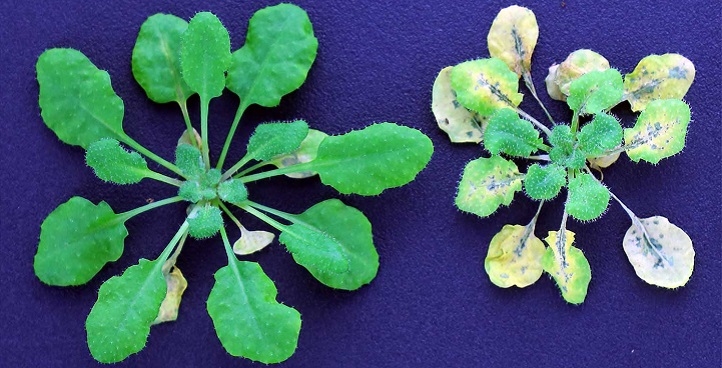
Supporting plants to cope with bacterial invaders is vital for developing sustainable agriculture. Now, KAUST researchers have shown that a transcription factor protein, known to be involved in drought tolerance and root growth, also plays a vital role in coordinating and maintaining plant immunity.
KAUST’s Ronny Völz, under the supervision of group leader, Heribert Hirt, along with co-workers in France, sought to shed light on the signaling cascades that prompted immune responses to bacterial infection in plants.
Known immunity-related signaling pathways include the mitogen-activated protein kinase (MPK) cascades, particularly MPK4. This pathway is involved in pattern-triggered immunity, which is activated when the MPK proteins recognize pathogenic molecular patterns in infected cells. Sometimes, pathogens can interfere with MPK activation, increasing their virulence.
“Plant immunity relies on complex mechanisms that coordinate different defense responses,” says Völz. “Therefore, it is desirable to find single factors that have the ability to boost plant resistance. We already knew that a plant hormone called salicylic acid is responsible for coordinating plant immunity via MPK signaling.”
The team investigated how levels of salicylic acid are controlled and the effect of varying levels of salicylic acid on plant pathogen resistance. They searched for transcription factors related to MPK signaling in Arabidopsis plants and identified the trihelix factor GT2-like 1 (GTL1) protein as a key player. They showed that GTL1 specifically interacts with the MPK4 protein, forming part of the MPK4 complex. Furthermore, they showed that GTL1 regulates salicylic acid biosynthesis and that it can reduce or enhance salicylic acid levels in response to pathogens.
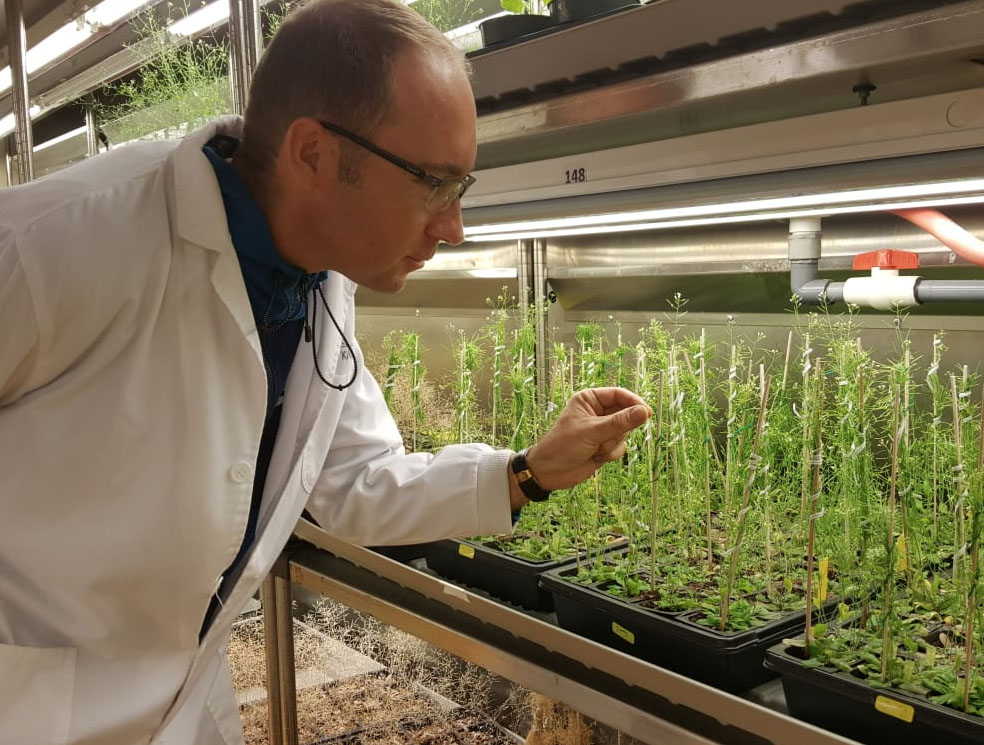
Ronny Völz tends to his Arabidopsis plants.
© 2018 KAUST
“To decipher the biological role of GTL1, it was crucial to measure salicylic acid inside gtl1 mutant plants,” explains Völz. “With the help of Jianing Mi from the Salim Al-Babili lab at KAUST, we used high-performance liquid chromatography to measure salicylic acid, which provided us with a direct view inside the plants.”
The team found that mutant plants without GTL1 have compromised immunity when exposed to strains of the plant pathogen Pseudomonas syringae. GTL1 promotes expression of defense genes but suppresses plant growth. Dwarfed mpk4 mutants with high levels of GTL1 were remarkably pathogen resistant, whereas the mpk4 gtl1 double mutant had compromised immunity.
“GTL1 overexpression in wild-type plants increases their immunity, allowing them to accumulate substances that help them cope with bacterial invaders,” says Völz. “We’ve been learning how to boost GTL1 expression without compromising plant growth.”
“The artificial expression of GTL1 in plants might be a worthwhile approach to boost plant immunity,” adds Hirt; “however further studies are warranted.”
References
- Völz, R., Kim, S-K., Mi, J., Mariappan, K.G., Guo, X., Bigeard, J., Naganand, R., Al-Babili, S. & Hirt, H. The trihelix factor GT2-like 1 (GTL1) promotes salicylic acid metabolism and regulates bacterial-triggered immunity. PLoS Genetics 14, e1007708 (2018).| article
You might also like

Plant Science
Reference genomes for rice’s wild relatives may boost future crops
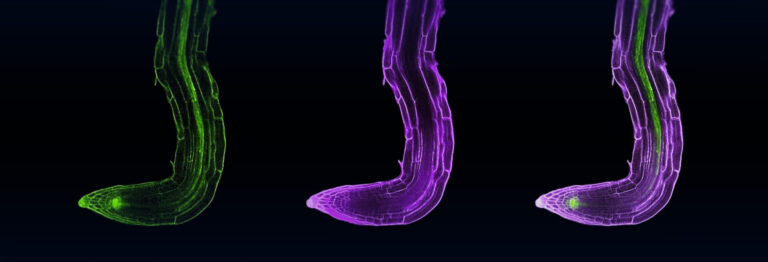
Bioscience
Digging into the world of plant-growth-promoting microbes

Environmental Science and Engineering
Hydrogen storage solution could lie in lakes

Bioscience
Unraveling modern bread wheat from the genes up

Bioscience
Why do some plants thrive in saline conditions?
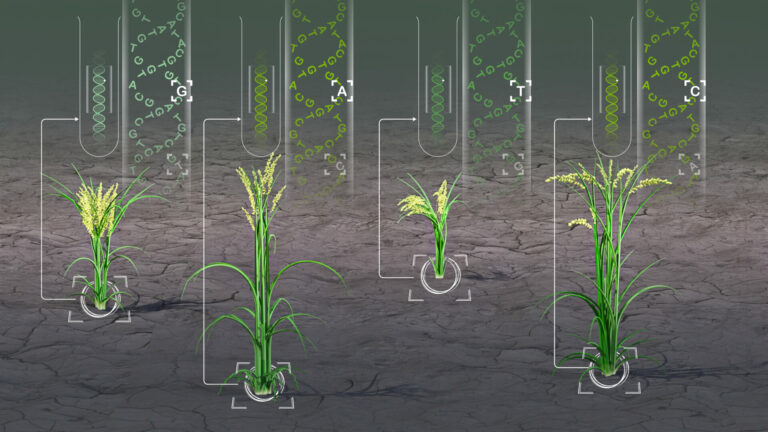
Bioengineering
Analytic tool reveals more cream of the crops
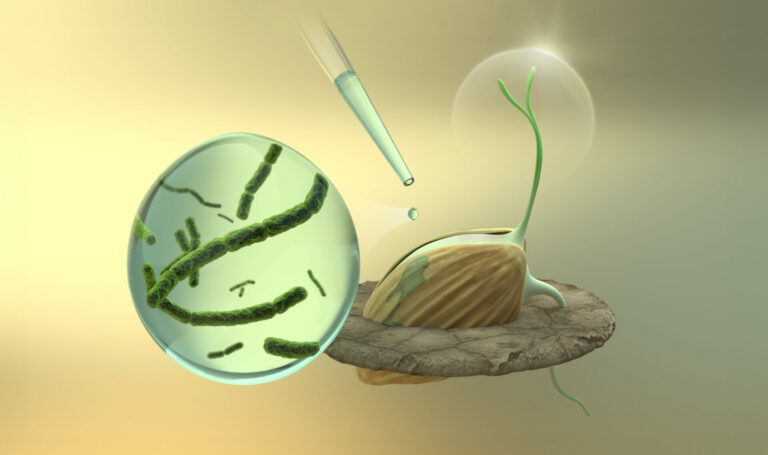
Plant Science
Targeting seed microbes to improve seed resilience

Bioengineering




